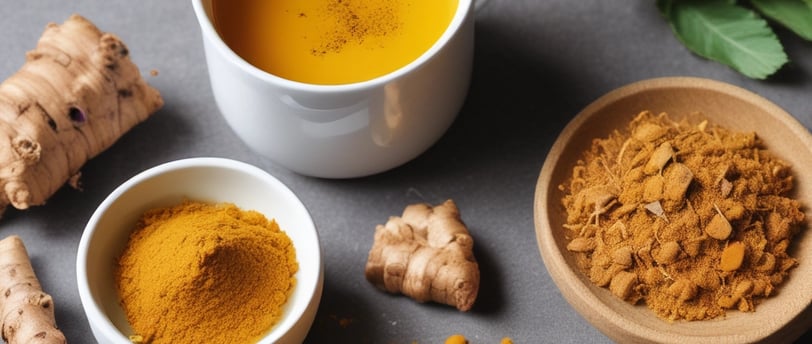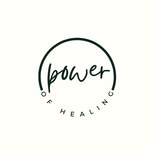10 Natural Remedies to Help Minimize Your Intake of Medication
Discover natural alternatives that may help reduce your reliance on conventional medications. This comprehensive guide explores proven herbal remedies, lifestyle changes, and holistic approaches to managing common health conditions. Learn how to safely integrate natural solutions while working with your healthcare provider to potentially decrease medication usage where appropriate.
12/31/20242 min read


TEN home remedies to try before medication.
In today's fast-paced world, many people rely heavily on medication to manage various health issues. However, a growing interest in natural remedies has emerged, as individuals seek ways to reduce their dependency on pharmaceuticals. Let's explore ten natural remedies that have shown promise in helping to minimize your intake of medication.
1. Herbal Teas
Herbal teas, such as chamomile or peppermint, are not just delightful drinks; they can also help soothe various ailments. Chamomile is known for its calming properties, while peppermint may aid in digestion. Incorporating these teas into your daily routine can provide relief without the side effects of conventional medications.
2. Turmeric
Turmeric is often referred to as a superfood due to its potent anti-inflammatory properties. Its active component, curcumin, has been shown to alleviate symptoms associated with arthritis and other inflammatory conditions. Consider adding turmeric to your meals or taking it as a supplement to support your overall health.
3. Ginger
Ginger is another powerful natural remedy that can help minimize the need for medications. Known for its ability to combat nausea and motion sickness, it can also support digestion. Whether you enjoy it in tea, smoothies, or as a spice in your dishes, ginger is a versatile addition to your diet.
4. Honey and Lemon
A warm drink of honey and lemon can work wonders for soothing a sore throat or alleviating cold symptoms. Honey has natural antibacterial properties, while lemon is rich in vitamin C. This simple remedy can often replace over-the-counter cough syrups.
5. Eucalyptus Oil
If you're struggling with congestion or respiratory issues, eucalyptus oil may be the natural remedy you need. Its potent aroma can help clear nasal passages and ease breathing. Consider using a diffuser to inhale the oil's benefits or adding it to a warm bath for relaxation.
6. Aloe Vera
Aloe vera is renowned for its skin-healing properties, but it can also be used to improve digestion and soothe gastrointestinal upset. Drinking aloe vera juice or applying it topically can reduce the need for medications aimed at treating digestive issues.
7. Lavender
Lavender has long been used to promote relaxation and better sleep, making it a great natural remedy for those dealing with insomnia or anxiety. Whether you use it in essential oil form, in herbal sachets, or as a tea, lavender can help you find calm without resorting to prescription sleep aids.
8. Omega-3 Fatty Acids
These healthy fats, found in fish oil and flaxseeds, can support heart health and reduce inflammation, potentially minimizing reliance on heart medications. Incorporate more omega-3-rich foods into your diet to harness these benefits.
9. Exercise
While it may not be a remedy in the traditional sense, regular physical activity can significantly improve your overall health. Exercise has been shown to enhance mood, reduce anxiety, and even lower blood pressure, creating a holistic approach to wellness that can reduce the need for medication.
10. Mindfulness and Meditation
Finally, incorporating mindfulness and meditation into your daily routine can help alleviate stress and anxiety, reducing the need for anxiety medications. Just a few minutes a day can create a profound impact on your mental well-being, making it easier to cope with life’s challenges naturally.
While medications have their place in healthcare, exploring natural remedies can provide an effective complement or alternative in some instances. Always consult with a healthcare professional before making significant changes to your health regimen or reducing your medication intake. Embracing these natural remedies could lead to a healthier, more balanced lifestyle.
